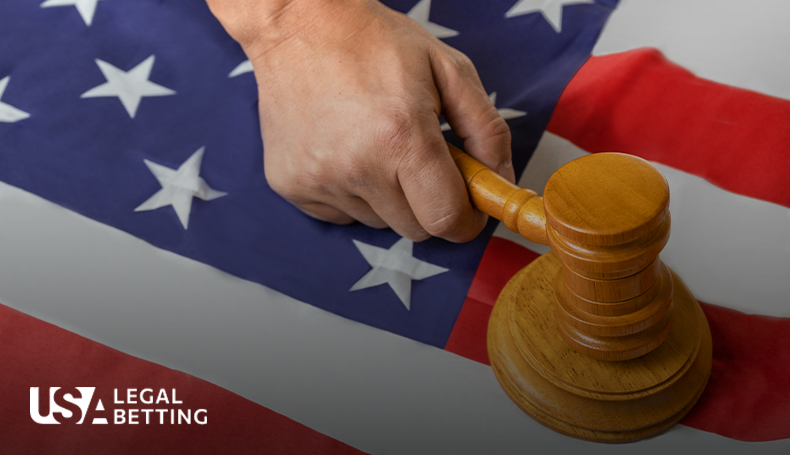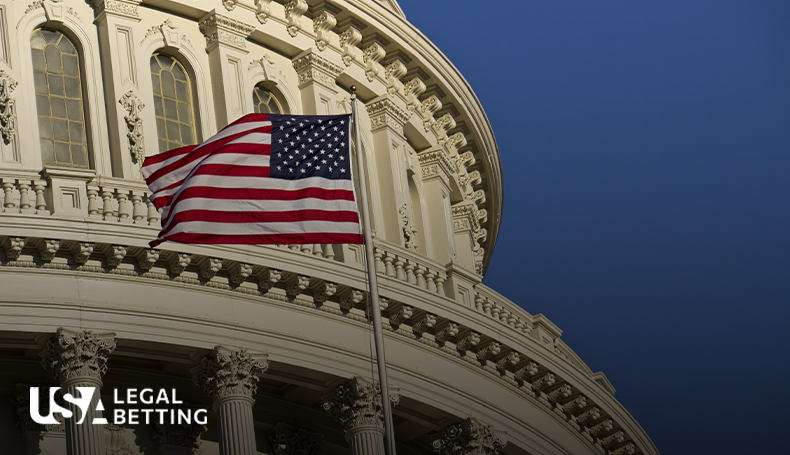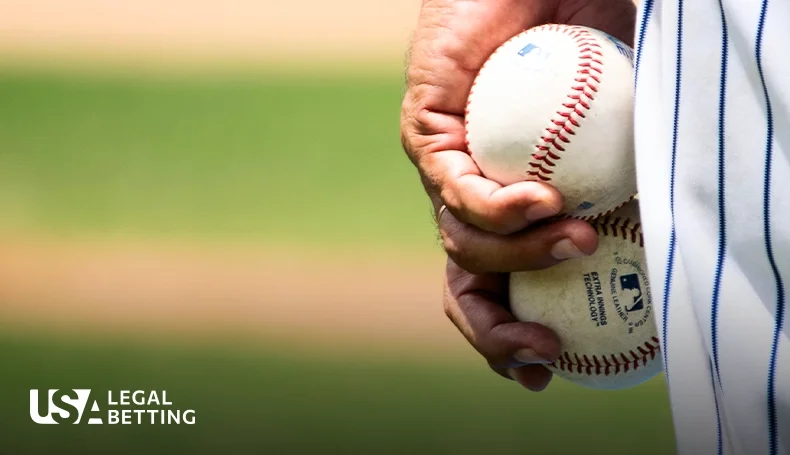Online sports betting has been live in Florida for almost five months now, but the battle over the gaming compact allowing it remains under fire.
The US Department of the Interior (DOI) filed a brief with the Supreme Court of the United States (SCOTUS) in response to the latest legal challenge to Florida’s gaming compact. The 31-page filing reaffirms the DOI’s stance that the compact is legal and does not merit a review from the nation’s highest court.
“The court of appeals correctly upheld the Compact’s approval by operation of law, and its decision does not conflict with any decision of this Court or another court of appeals. This Court previously denied petitioners’ application for a stay of the court of appeals’ mandate raising the same contentions. The Court should similarly deny certiorari,” The DOI brief stated.
Florida’s gaming compact is the foundation on which their sports betting market was built. It gives full rights to the industry to the Seminole Tribe, whose Hard Rock Bet online sportsbook is the only operators allowed to operate in Florida.
The DOI approved the original compact and has continued to support it against all legal challenges.


















